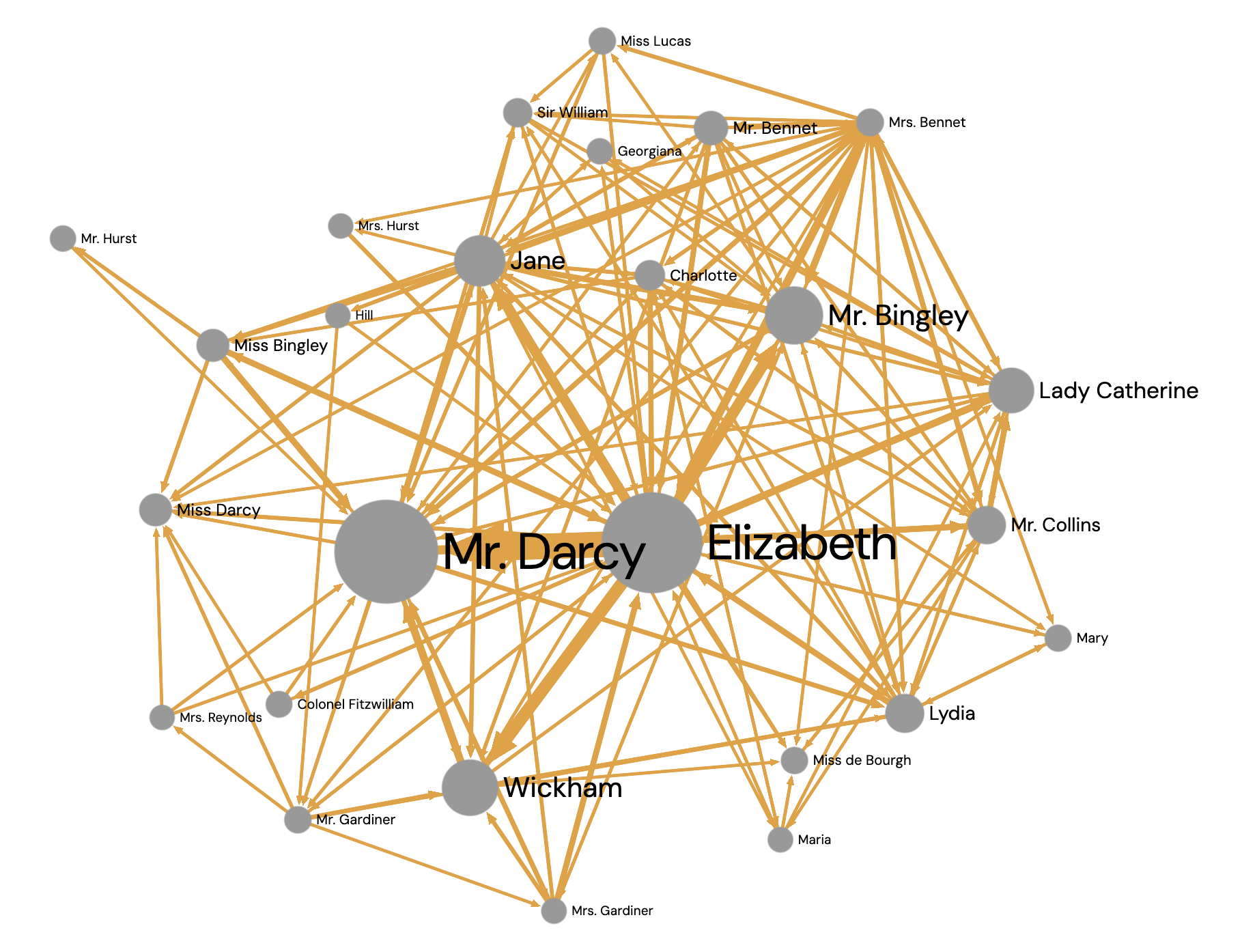Why Saturday Night Live must fix its ‘misogyny’ problem before its UK launch: American sketch show has a history of vulgar gags and sexism allegations – so will the British reboot fly the flag for women?

The show is getting a British version, called SNL: UK, which is expected to premiere on Sky in March.





![A learning framework leverages a Unity-based simulation-generating 75,655 robot configurations-to train a deep neural network that predicts the minimum distance [latex] d_{min} [/latex] between robotic arms, enabling the system to issue an audio warning when [latex] d_{min} [/latex] falls below 0.2 meters and preemptively mitigate potential collisions on real-world robotic setups.](https://arxiv.org/html/2601.15459v1/images/framework.jpg)


